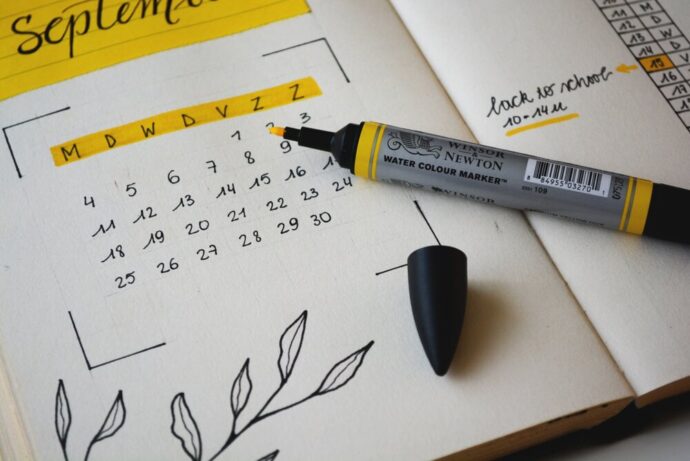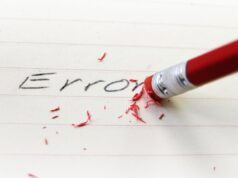In the realm of writing and publishing, literary agents are integral contributors. These professionals serve as intermediaries between authors and publishers, advocating for the author’s work, negotiating contracts, and providing essential career guidance. For many authors, a literary agent is a linchpin in their journey towards successful publication.
However, finding the perfect literary agent can be a challenging process. It requires research, dedication, a compelling query letter, and patience. This article will guide you through the steps to identify and connect with the ideal literary agent for your writing career.
Understand the Role of a Literary Agent

When it comes to discovering how to find a literary agent, it’s crucial to grasp the role they play in your writing journey. A literary agent functions as a proficient manager for the business aspects of your writing career. They excel at presenting your work to publishers, skillfully negotiating contracts, overseeing rights sales, and offering invaluable career guidance. By leveraging their profound market knowledge, a remarkable agent becomes a strategic advisor, empowering you to cultivate a flourishing writing career.
Research
Your first step in finding the perfect literary agent is thorough research. There are thousands of agents out there, each with their own preferences, specializations, and professional contacts.
Start by examining the acknowledgment sections of books similar to yours. Many authors thank their agents in these sections. Also, consider subscribing to databases such as Publishers Marketplace or Writer’s Market, which provide comprehensive lists of agents and their specializations.
Your research should help you create a list of potential agents who are interested in your genre or type of writing. Cross-reference your list with each agent’s website or profile to confirm they are open for submissions and are interested in your genre.
Write a Stellar Query Letter
A query letter is your first point of contact with potential agents. This is where you introduce yourself, provide a synopsis of your book, and explain why you believe the agent would be a good fit for your work.
A successful query letter is concise, engaging, and professional. It should hook the agent with your story, provide a brief overview of your writing credentials, and convey your understanding of the market and your potential readership.
Submit Your Query

Once you have polished your query letter, it’s time to submit it. Each agent may have different submission guidelines, so ensure that you follow them carefully.
Some agents prefer email submissions, while others may use an online form. Some may ask for the first few chapters of your book or a synopsis. Paying close attention to these requirements will show your professionalism and respect for the agent’s time.
Be Patient and Persevere
After you’ve submitted your query letter, be prepared to wait. The response time can vary significantly from agent to agent, sometimes taking several months.
In some cases, you might not receive a response at all. This can be disheartening, but remember that the process is highly competitive. If you’re rejected or do not receive a response, keep trying. Each query is a new opportunity.
Evaluate Your Offers
If your query letter piques an agent’s interest, they may request a partial or full manuscript. If they love your work, they will offer representation. But before you accept, make sure to evaluate the offer carefully.
A good literary agent should be enthusiastic about your work, communicative, and have a clear vision for your book’s future. You should feel comfortable with them and trust their judgment. Remember, this is potentially a long-term professional relationship.
Before signing a contract, consider asking the agent questions about their sales track record, communication style, and their editorial process. It might be beneficial to speak with some of their current clients.
Remember, having an agent is not a guarantee of getting published, but it significantly improves your chances by providing professional guidance and access to publishers who may not accept unsolicited manuscripts.

Conclusion
In summary, finding the perfect literary agent requires research, a compelling query letter, patience, and an understanding of what makes a good agent for you. By following these steps, you will be well on your way to forming a beneficial relationship that could catapult your writing career to new heights. Remember, perseverance is key. As with writing, success in finding the perfect literary agent often comes after many attempts and learning from each experience.















